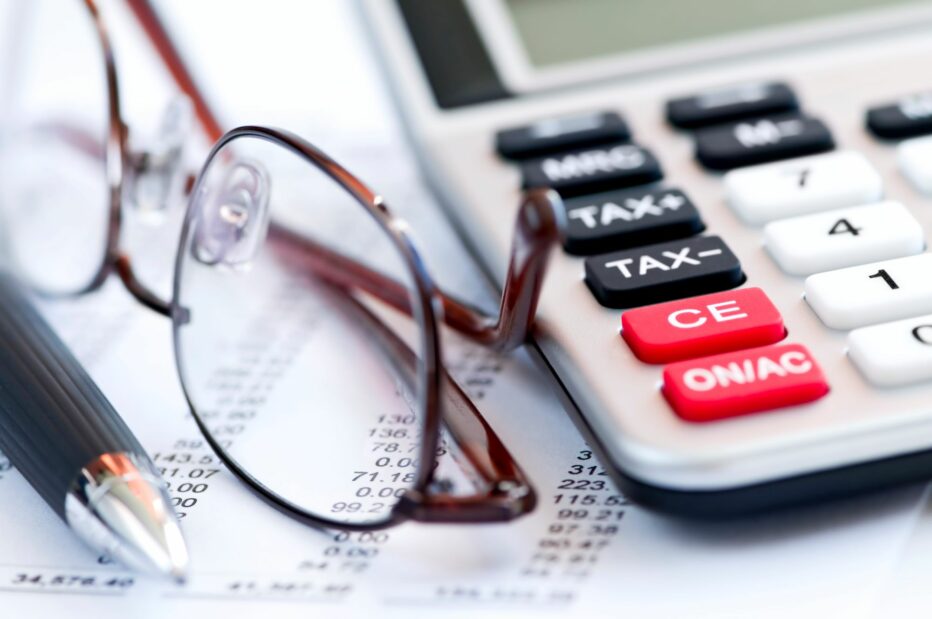YRITTÄJÄ, tule mukaan omiesi pariin! Liity Yrittäjiin.

SY: VAT rise too fast
Suomen Yrittäjät, the Finnish SME association, is calling for a delay to the entry into force of the higher VAT rate.
On 30 May, the Government proposed a Bill to Parliament which would see the general VAT rate rise from 24% to 25.5% on 1 September 2024.
Suomen Yrittäjät says that the entry into force of the new rate from the start of September is challenging for small businesses. The association calls for a delay to the introduction of the new rate until at least 1 October.
“Even a month more would make it easier and give businesses a little more time to prepare and adjust to the change, which, lest we forget, basically affects all businesses which are VAT-liable,” says Laura Kurki, a tax expert at Suomen Yrittäjät.
“The change requires numerous changes. The faster the changes have to be made, the higher the costs for businesses.”
The change in VAT creates administrative costs for companies and requires updates to their data, accounting and pricing systems. The decimal fraction presents its own additional challenge.
“For some businesses, making the changes in the presented time frame is not practically possible. A brick-and-mortar retailer may have over ten thousand items on sale in their shop. That’s a lot of price tags. In addition, for the 347,000 businesses that file VAT every calendar year and the 70,000 that file every quarter, the introduction at the start of September adds an administrative burden, as they have to operate with two different tax rates for supplies during the same tax period,” Kurki says.
The Government Bill on the timetable for VAT increase will now be debated in Parliament.
“If the law is ready by the end of June, there will only be a couple of months for preparations during the summer holiday season. Is that reasonable?” Kurki asks.
Smaller businesses face tax hike
In any event, smaller businesses face a tax increase from the start of 2025, as the VAT relief scheme is being withdrawn, nor is the Government proposing an increased VAT threshold in compensation.
“The combined effect of all these measures hits the same SMEs who could already be suffering from payment difficulties. In the near future, additional costs are also going to result from changes to reduced VAT rates and the ‘VAT on sweets’,” says Jukka-Pekka Hellman, a tax expert at Suomen Yrittäjät.
“VAT is a consumption tax that is intended to be passed on to consumers. For small labour-intensive service companies, however, this isn’t always possible.”
Read more: SY: Scrapping of VAT relief scheme must be compensated







